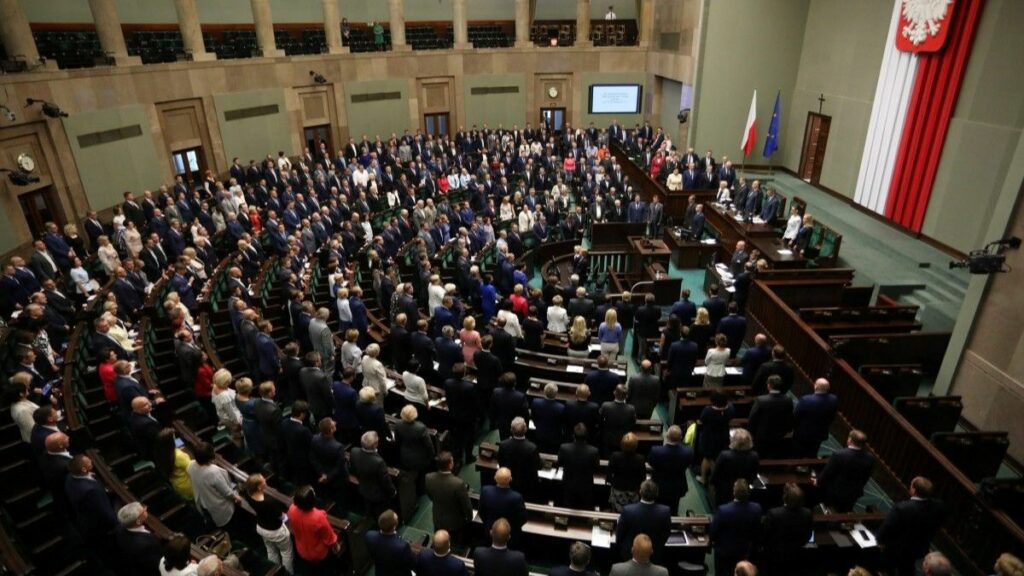The Polish Government’s decision to withdraw from the Istanbul Convention could open a frank debate in Europe and a profound review of the treaty itself and, at the same time, full respect for national identities and societies based on human dignity and natural family.
On Sunday, July 26th, the European Union and the Council of Europe expressed their concerns over the Polish government’s decision to withdraw from the Istanbul Convention, an international treaty promoted by Council of Europe ostensibly concerned with “combating violence against women.” However in the same treaty, there are many paragraphs related to ‘gender ideology’.” As the Alliance Defending Freedom has shown here, the Istanbul Convention undermines religious freedom, parental rights, and national sovereignty.
Predictably, the Council of Europe was “alarmed” that Poland’s government was moving to withdraw from the Instanbul Convention. In fact, as www.ifamnews.com Russian contributor, Pavel Parfentiev, wrote some days ago, Polish Justice Minister Zbigniew Ziobro declared that on Monday, July 27th, he would begin preparing the formal process to withdraw from the Convention. News of Poland’s imminent departure from the Convention, met with a swift response from the Secretary General of the Council of Europe, Marija Pejčinović Burić, who implored Poland to stay. For the first time since the Convention’s approval in 2011, the Secretary General stated that: “If there are any misconceptions or misunderstandings about the Convention, we are ready to clarify them in a constructive dialogue…” (Full text here.) Making clear that any opposition to the Istanbul Convention is motivated by “misconceptions and misunderstandings,” the Council of Europe reaffirmed that “the sole objective of Convention was to protect women and “was to combat violence against women and domestic violence.”
However, the wording of the convention encompasses far more than opposition to violence against women. Gender ideology is a key component of the convention, and because of this and other reasons, many countries of theCouncil of Europe have not signed the Convention, have decided to reject it or to withdraw from it. Poland, Hungary, Bulgaria and Slovakia have strongly rejected or are moving to withdraw from it. At the same time, Turkey is recently declaring a possible withdrawal from the treaty, Russia never signed it and many countries (Moldova, Liechtenstein, Latvia, Czech Republic, Azerbaijan, Armenia, United Kingdom) have never ratified it. The political leaders railing against the Polish Government’s decision–including the heads of the Socialist (Iratxe Garcia Perez) and Liberal (Dacian Ciolos) Groups in the EU Parliament–are known for their promotion of gender and LGBTQI+ ideology. Through their actions they are proving how well-founded are the concerns over the dangers of the Convention. It is precisely the advocates of gender ideology and LGBTI+ rights who are confirming all the reasons given by the countries that reject the Convention. Now it is time, following the Secretary General of Council of Europe declarations, to amend the Istanbul Convention, to delete any ambiguous paragraphs and conclusively transform it into what should have been from 2011, a Convention whose only end is combating violence against women and not to destroy societies based on human dignity and the natural family.
